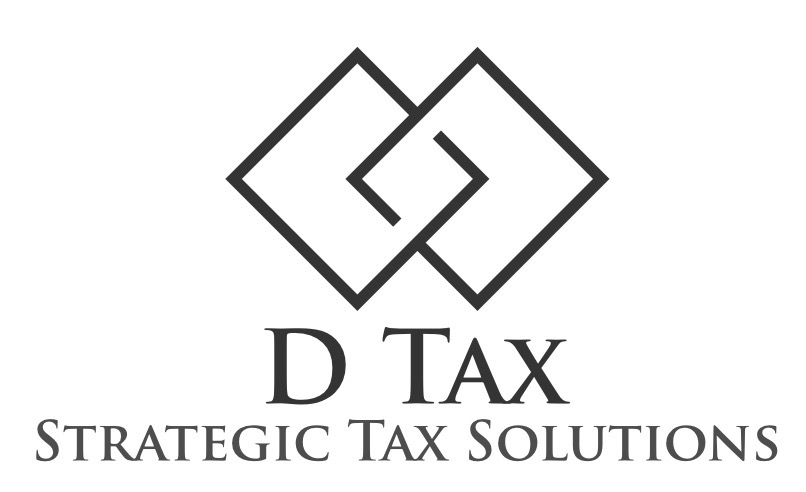Facing an IRS audit can be stressful, but with proper preparation, you can navigate the process more smoothly. Here’s a step-by-step guide on how to prepare for an IRS audit:
Review the Audit Letter: Carefully read the audit letter you received from the IRS. It will provide information about the scope of the audit, the tax years being examined, and the specific issues under review.
Gather Documentation: Collect all relevant documents that support your reported income, deductions, and credits for the audited tax years. This may include:
W-2s and 1099s for income.
Receipts, invoices, and canceled checks for expenses.
Bank statements.
Investment records.
Property purchase and sale documents.
Any correspondence with the IRS or tax professionals.
Organize Your Records: Arrange your documents in a well-organized manner, separated by tax year and type of income or expense. This will make it easier to respond to IRS inquiries and demonstrate your compliance.
Review Your Tax Returns: Carefully review the tax returns under audit to identify any errors or inconsistencies that might have triggered the audit. This will help you understand the potential issues raised by the IRS.
Understand IRS Guidelines: Familiarize yourself with the tax laws and regulations relevant to the issues being audited. This knowledge will help you address the IRS’s concerns and provide accurate explanations.
Consult a Tax Professional: If you’re unsure about the audit process or have complex tax issues, consider consulting a tax professional, such as a CPA or tax attorney. They can guide you through the audit and help you communicate effectively with the IRS.
Respond Promptly: Reply to the IRS audit letter within the given timeframe. If you need an extension, request one promptly. Ignoring or delaying your response can lead to more serious consequences.
Draft a Clear Explanation: Prepare a detailed and clear response to the issues raised by the IRS. Provide supporting documentation and explanations that demonstrate your compliance with tax laws. Be concise and focus on the facts.
Be Honest and Transparent: Honesty is crucial during an audit. Provide accurate information, even if it may not be in your favor. Deliberately providing false information can lead to penalties or legal action.
Be Prepared for an Interview: If the IRS requests an in-person or remote interview, be prepared to discuss the audit issues and present your documentation. Stay calm, concise, and focused on the relevant facts.
Keep Copies: Maintain copies of all correspondence, documentation, and communication related to the audit. This will serve as your record in case there are any disputes.
Consider an Appeals Process: If you disagree with the auditor’s findings, you have the right to appeal. Follow the IRS procedures for filing an appeal and provide additional evidence to support your case.
Remember that an audit doesn’t necessarily mean you’ve done something wrong. It’s a routine process to ensure compliance with tax laws. By staying organized, transparent, and responsive, you can navigate the audit process more effectively.

